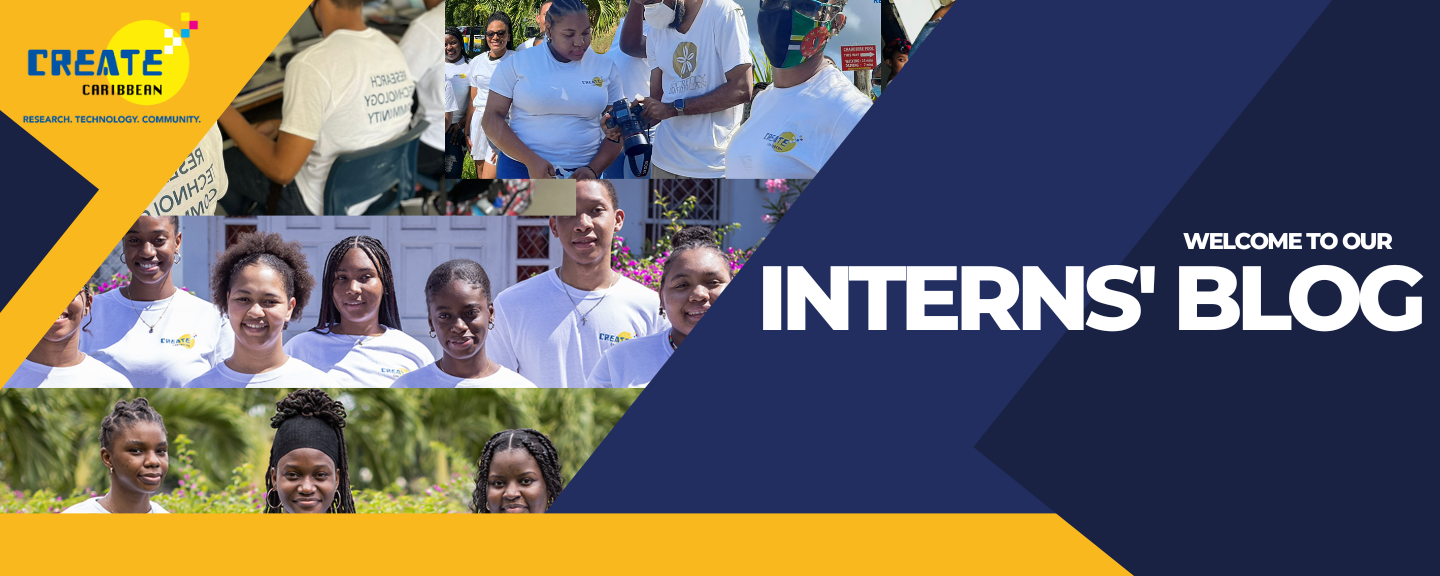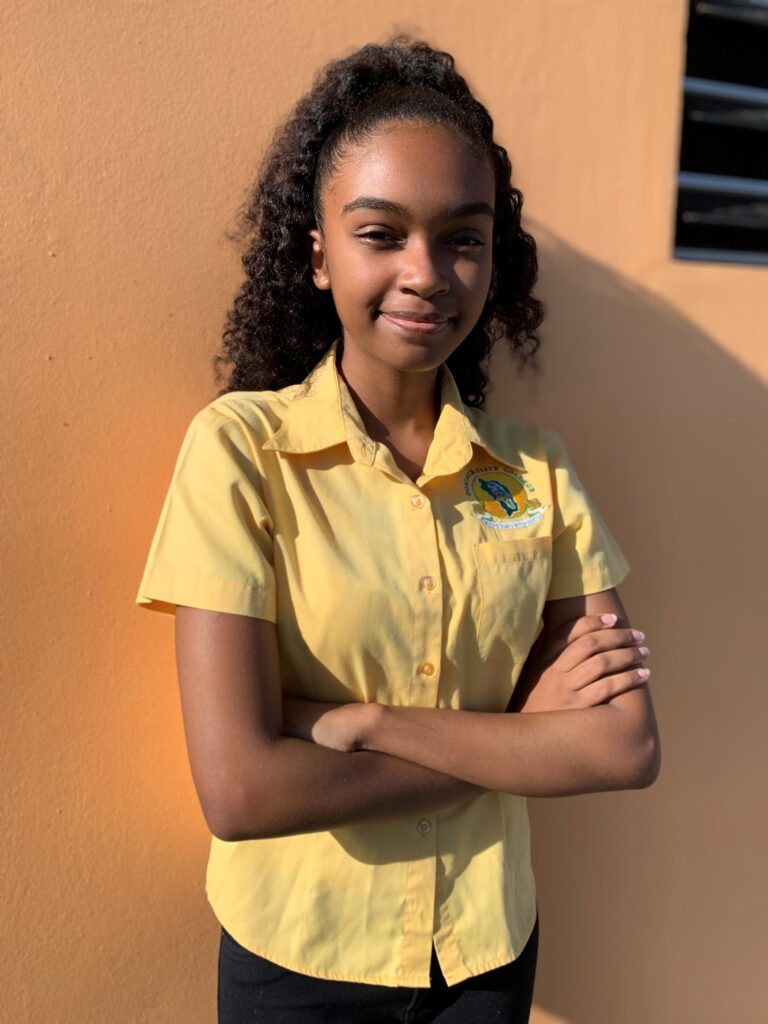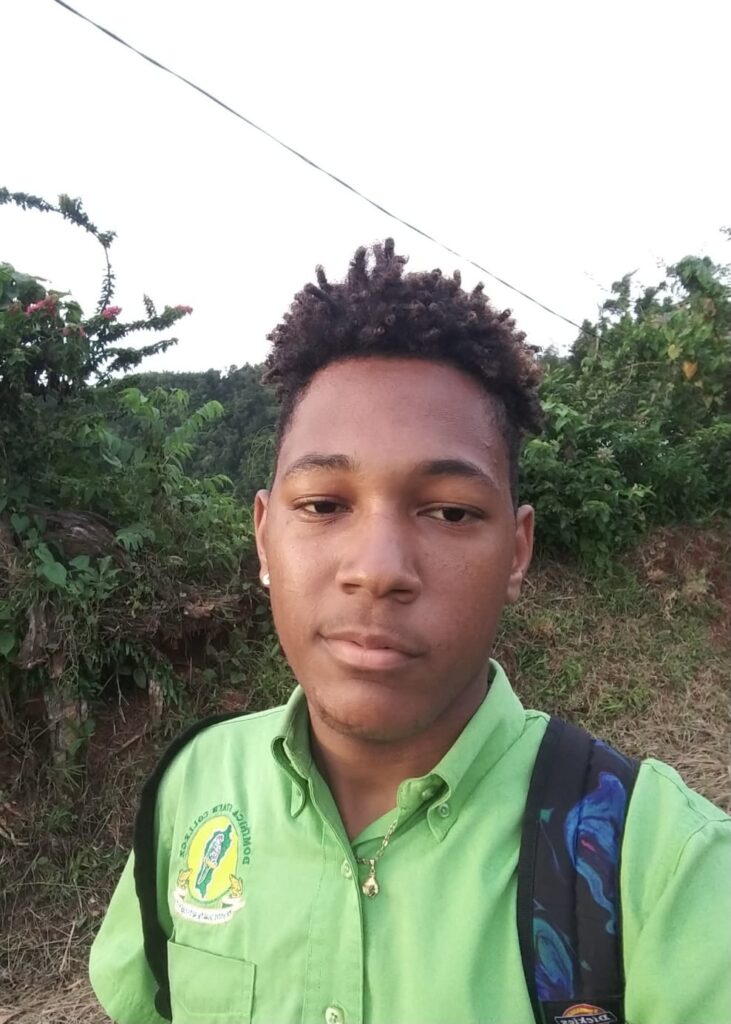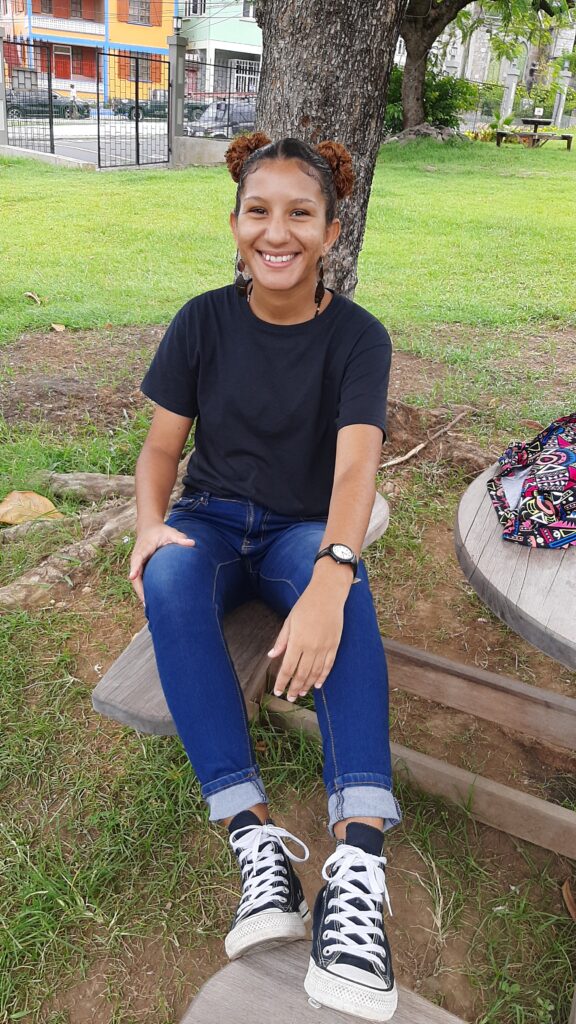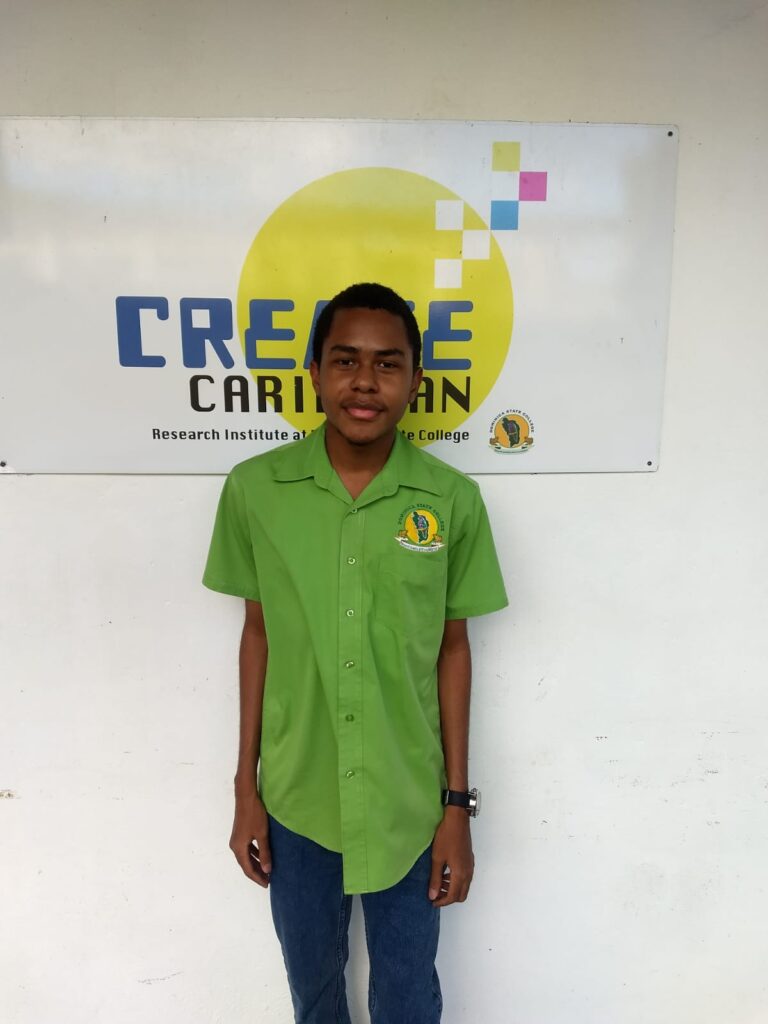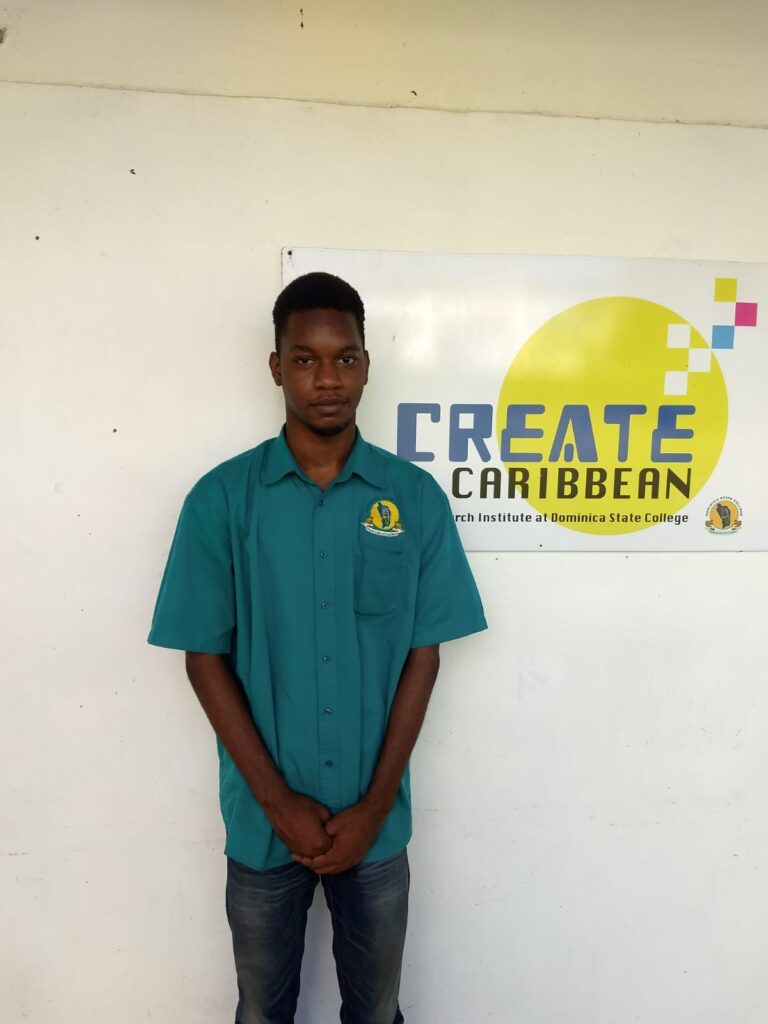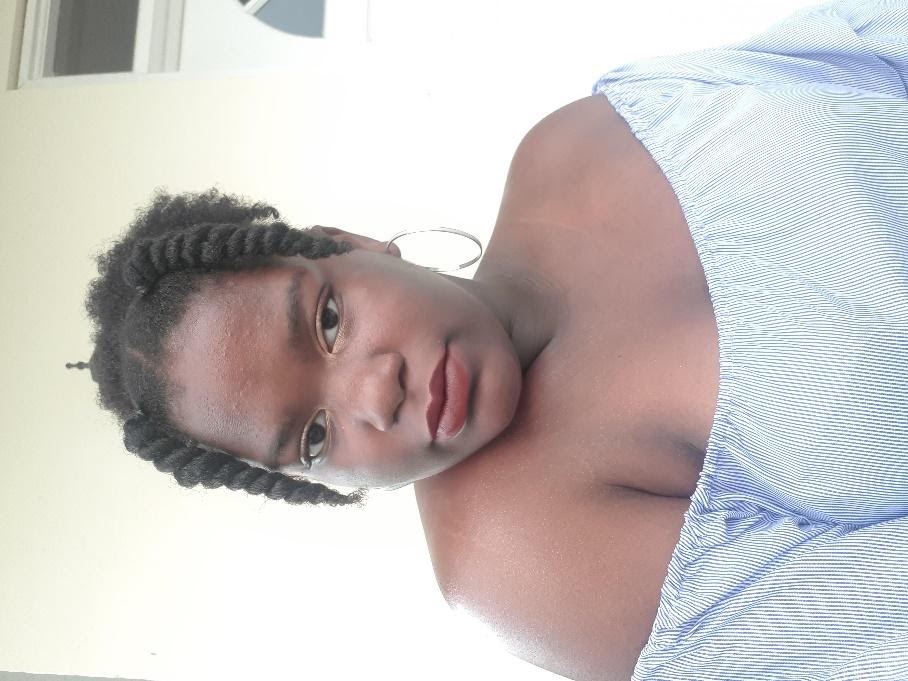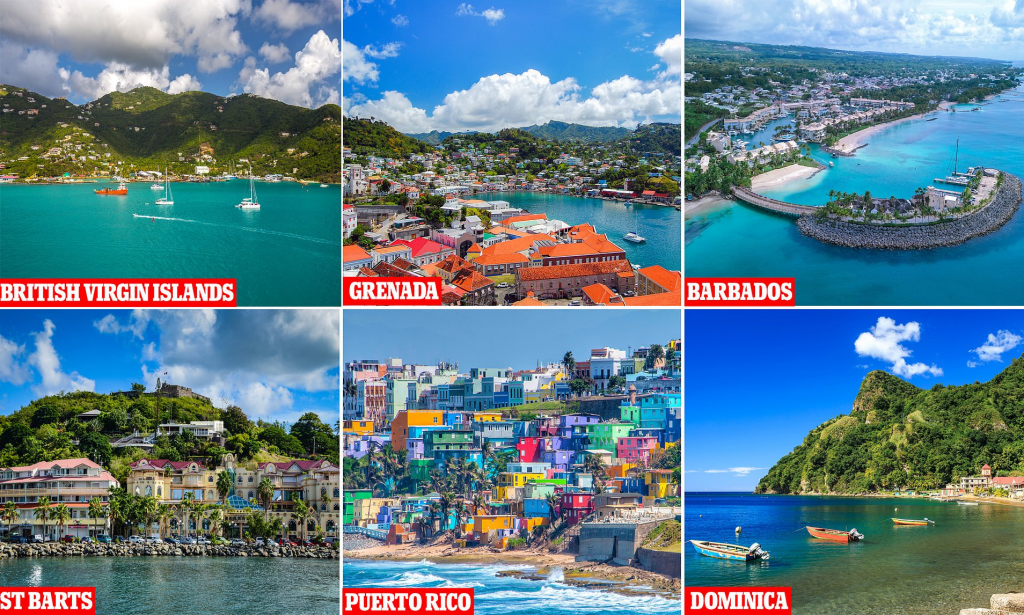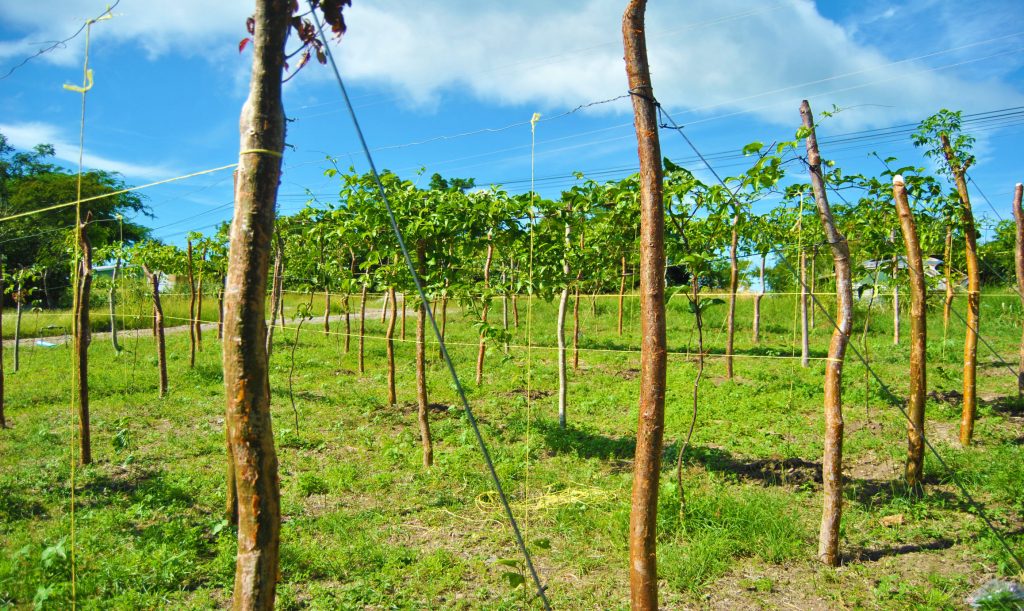By Joanna Joseph
When I first got an email from this institution to become an intern, I was astonished. To be honest, I only knew that Create Caribbean was a research center at the Dominica State College. I was beginning to wonder why should I be chosen to do research when my major is information technology and entrepreneurship. When I got accepted as one of the chosen interns, I asked questions and went on the Create Caribbean page.
For the past months I have leant that this institution is more than just a research institution. At this point I finally understood why my major (Information Technology) was important for this internship program. I learnt that this institution uses information communication technology (ICT), code, geographic locations and the latest research developed tools. Basically, this institution looks at ways to improve our Caribbean countries, and this was done by the use of ArcGIS.
First, the other interns and myself had to help edit and add information to a spreadsheet. This spreadsheet was to be executed via the Carisealand project. The use of ICT was my favorite part, as it allowed me to use my information technology skills.
Doing research was never my thing, but I never hated it. However, after working on the Carisealand project, my research skills have improved and it has enhanced my information technology skills. I plan on learning more about the Caribbean countries, improving my skills on ArcGIS and the Carisealand project.
